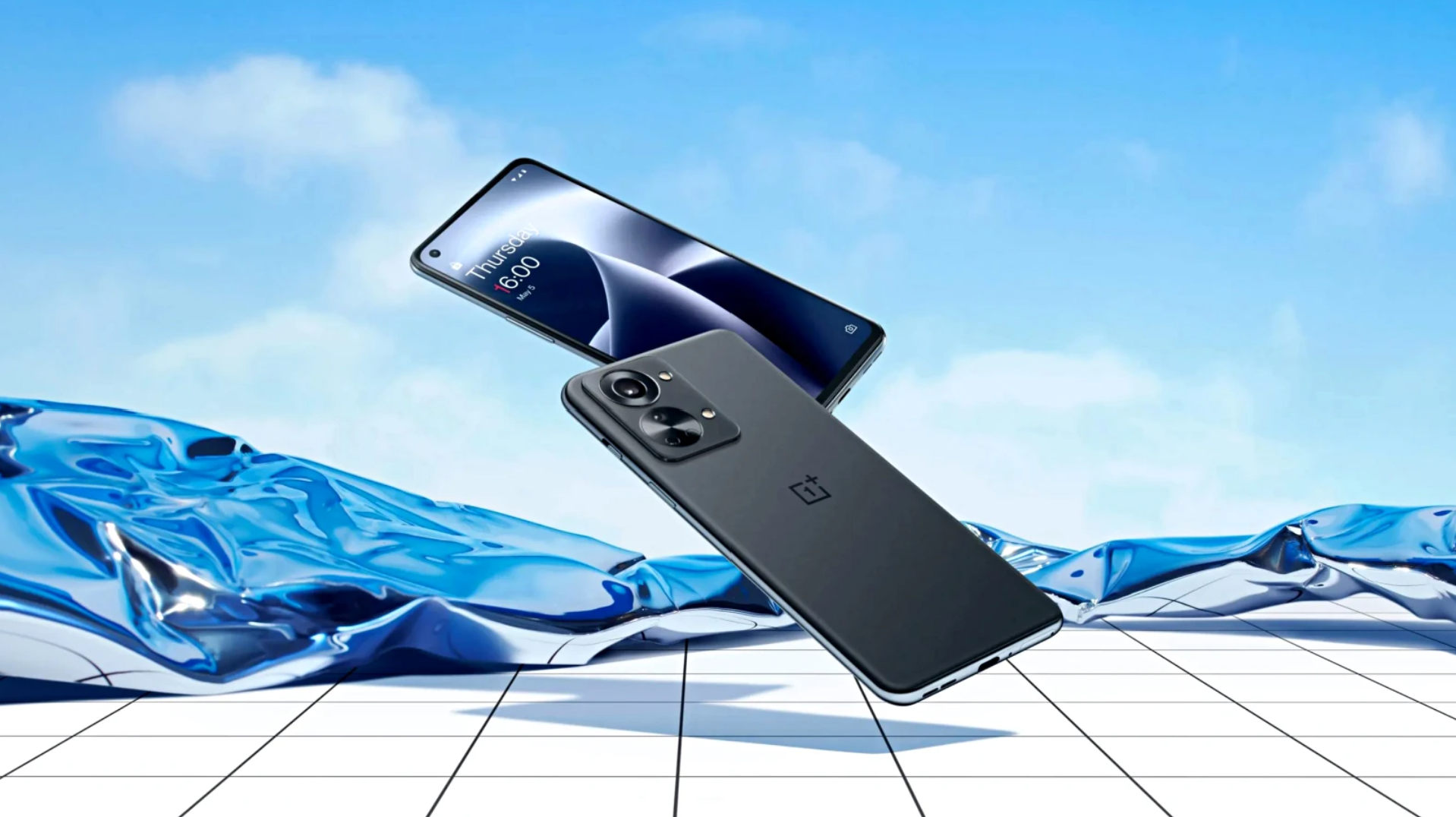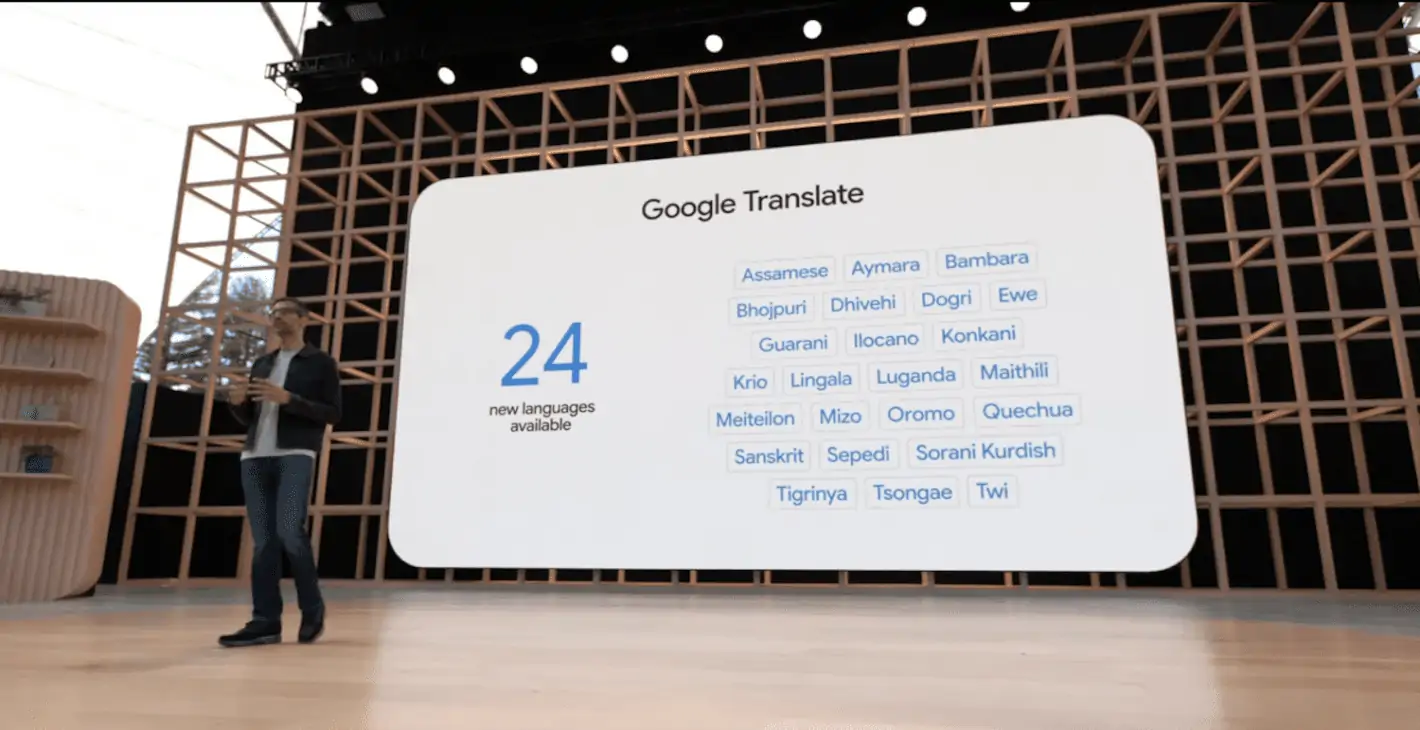wants to smooth out a number of different parts of the Android experience that right now are pretty fragmented.
The company recently pushed out the latest version of the Android compatibility definition document, which outlines the rules Android manufacturers are supposed to play by. It reveals a lot about the many different ways is going to nudge everyone who makes hardware to play by the same set of rules.
y this matters: This Android document gives a lot of clues to the future of Android. It reveals that is making a number of steps to try rein in an ecosystem that can sometimes go rogue given how different manufacturers fiddle with Android.
Fast charging stards
B-C was supposed to usher in an era of easy compatible charging. Instead it’s been kind of a mess, particularly with fast charging. To fix this, it’s now “strongly recommended” that device makers don’t push proprietary stards, such as Qualcomm’s Quick Charge 3.0. Additionally, the document says that eventually Android may require interoperability with stard chargers. Notice served that wants to push a future of better charging compatibility.
Android Extensions
Something called “Android Extensions” could be another shot against fragmentation. Ars Technica theorizes that could use this to push As from the Android Open Source oject directly. This would work much the way that ay Services can be updated without going through the lengthy Android update process. OEMs wouldn’t be allowed to tinker or customize this in any way. It’s a complex feature, one we’ll have to learn more about over time as it’s implemented.
Multi-window support
A proper multi-window mode finally arrived with Nougat, but now it looks like there’s more pressure to actually do it in a less proprietary way. The document includes the following:
A device implementation MAY choose not to implement any multi-window modes, but if it has the capability to display multiple activities at the same time it MT implement such multi-window mode(s) in accordance with the application behaviors As described in the Android SDK multi-window mode support documentation meet the following requirements.
One place to watch this is for the Nougat beta, which Samsung is rolling out now to Galaxy S7 S7 ge devices.
This will be good for application developers, who don’t want to support several different multi-window As, modes, features.
Call blocking
Additionally, all Android manufacturers must implement some type of call blocking. This includes a tool for you to manage which calls are blocked. Many phones do this already, but ‘s making sure all Android users will have this basic feature.


















